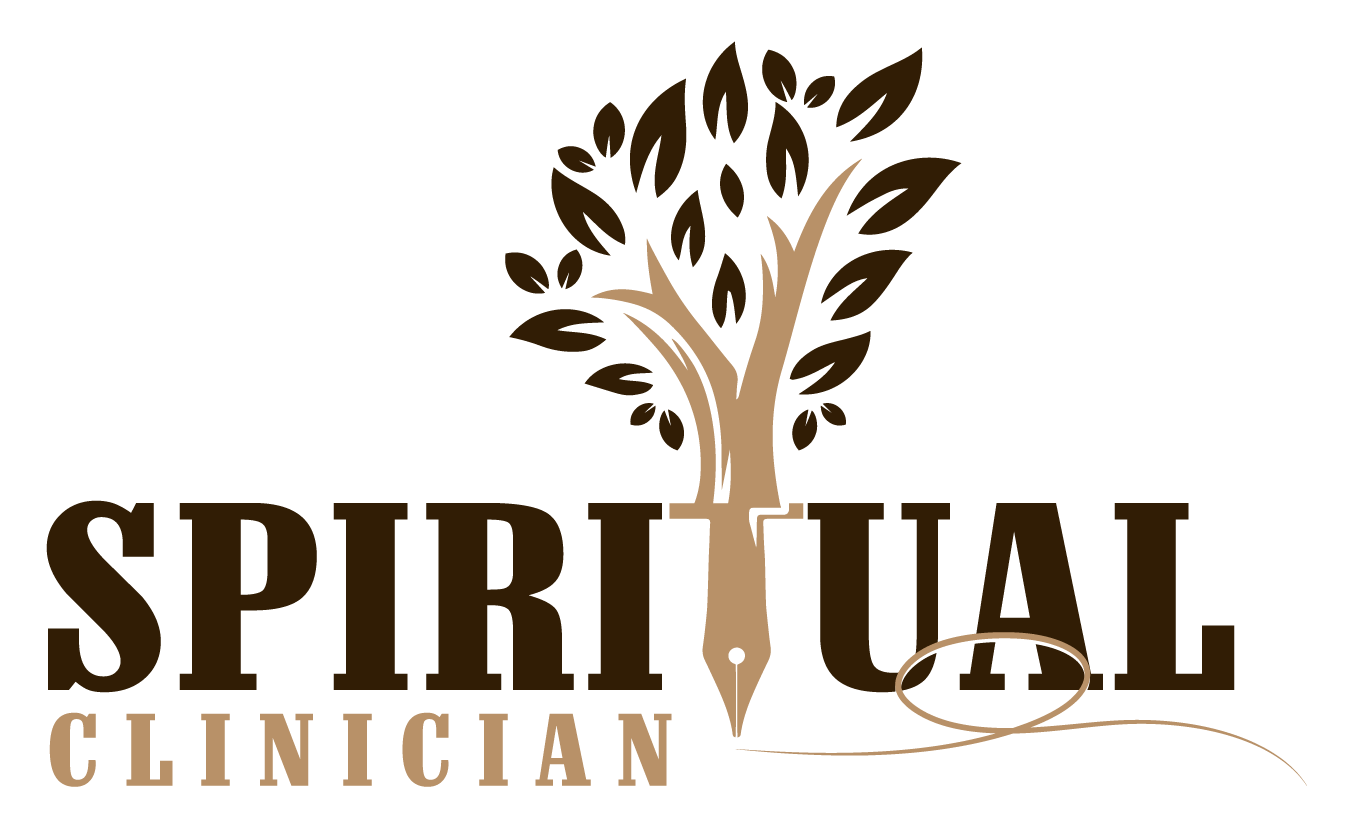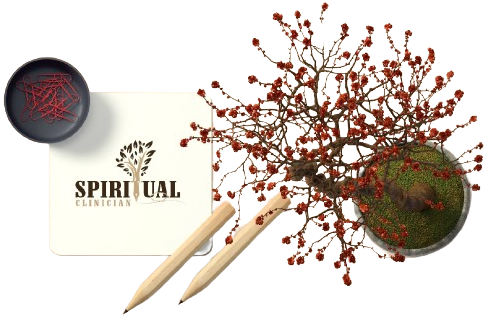Over the past weekend, my wife and I had occasion to dig for diamonds in the country’s only open diamond mine near Murfreesboro, Arkansas. We didn’t find any like 1,998 out of 2,000 others there spread out over those 37 acres of volcanic mineral deposits, digging, washing, and inspecting. But several thoughts occurred to me as I poked and pawed through innumerable bits of, well, dirt. We citizens are faced with a similar task – finding those individuals with some semblance of the precise characteristics necessary for governing millions of people.
Such individuals don’t show themselves clearly and easily. They aren’t necessarily flashy, compelling, and easily convincing of their worth. They seldom even volunteer to run for office. We have some work to do to find them.
The citizenry is a vast plot of extremely diverse, wonderfully ordinary people, with a few solid, knowledgeable, just, and humble potential leaders sprinkled in. The ones who draw our attention with their sparkle aren’t necessarily the diamonds who would do us well as political leaders.
Since there is not yet a workable system of small group processing to sort the character of top leaders, we have to make do with taking every chance we have to challenge them into visibility. We may need to crack open a few conglomerate chunks with a hammer to find the best of what doesn’t appear on the surface. Humility, without which there is no positive spirituality, is a partially visible aspect of fine leaders. It can be seen both by unearthing its hidden presence or being jolted by its obnoxious, bloviating, bragging, and inconsiderate absence.
Like all virtues, humility cannot be acquired simply because you can admire it or see how valuable it would be to our personal functioning and to those people within our influence. Humility is a matured recognition and acceptance of both one’s gifts and one’s limitations as a person and as an influencer of people for contributions to the common good.
Humility, an astute grasp of oneself as about as accurate as can be fashioned in a lifetime, seems to come largely through direct or associated feedback on how others of importance to you, see you. It is as if a truly humble person is made from of the challenges it contends with feedback from other people about the accuracy of their self-estimation. Other people’s direct and indirect feedback about our behavior shapes us from childhood to aging. Their verbal references to us, the comments we overhear about ourselves, the smiles and grins that warm and encourage us, the parental and educational scoldings for our foolishness or natural limitations, the bright eyes of admiration and appreciation that pierce our stubborn armor of stuck-ness in self-doubting negative generalizations we have come to believe about ourselves, all of these contribute to a healthy and humble appreciation of ourselves.
In politics, it seems that “big egos” as they are called, have rarely or never heard the serious, direct critique of other people’s views of their personality. They’ve never had another person seriously tell them how they appear to other people, beyond the adulation of some and the occasional bits and pieces of vitriolic criticism generated by a few people’s resentful exaggerations over their perceived wrongs.
How then can we find the raw diamonds for service by the human community? How can we citizens, especially voters, sort those diamonds from the flashy empties of zirconium dioxide, moissanite, topaz, white sapphire, and bits of glass, all useful in their own right but not suited for the hardest jobs, like diamonds?
Eventually, we will need to rise up with personal challenges to the character of all comers for political office. Currently, we have only superficial views of public appearance, fundraising prowess, and media reports, with a few either bloated or faint assertions by supporters and detractors. We first need to grasp more clearly what it is we are looking for. Then we will ask personal questions in public forums that better emphasize the quality beneath.
For example, when wondering about the humility of a candidate we could observe, describe, and ask:
“Ms./Mr. Candidate, will you take a few minutes to simply talk about yourself seriously, how you see yourself as a person, friend, and maybe parent?”
Asking for a person’s self-description in public may seem odd or even rude. But it is the key to accessing a person’s humility. Is it even possible for this candidate to talk seriously about themselves? Is there a serious, almost intimate quality to the voice as they do so? Is there a slightly annoying tone of self-importance, a feigned taking offense at the citizen challenger’s even questioning their character? Is it easier for this candidate to talk about their strengths than their weaknesses? Are they even aware of any weaknesses or limitations? Do they sound like a fellow/sister human being that warms you as gifted and human, or rather carrying a slightly haughty attitude that insulates them from you emotionally? Is there humor that either charms you or seems like avoidance of the serious task at hand?
Or ask, “Ms./Mr. Candidate, will you talk about a particular success you have had with your role as a leader? Who did you help and how did it succeed?” Watch for signs of disingenuous exaggerating or the false humility of humorous avoidance. Can they stand for themselves with the sturdy integrity of a successful adult?
Or, “Will you describe a disappointing failure that you still regret?” “How did you fail and still keep possession of your dignity and worth?”
Or, “What do you think can be done about the erosion of the truth and productive discourse in Congress and in the U.S. population, and about the political morass that is resulting?”
Medieval theologian Bernard of Clairvaux wrote, “The three most important virtues for a person are humility, humility, and humility”, because there is such value to humanity of a gifted person who knows their worth.
Gordon Hilsman is a retired clinical educator and the author of the 2023 book Assessing the Character of Candidates for National Political Office: In Search of a Collaborative Spirit and can be reached at [email protected].


